The UCGHI Student Ambassador Program’s Personal and Professional Impact
By: Elizabeth Doerr
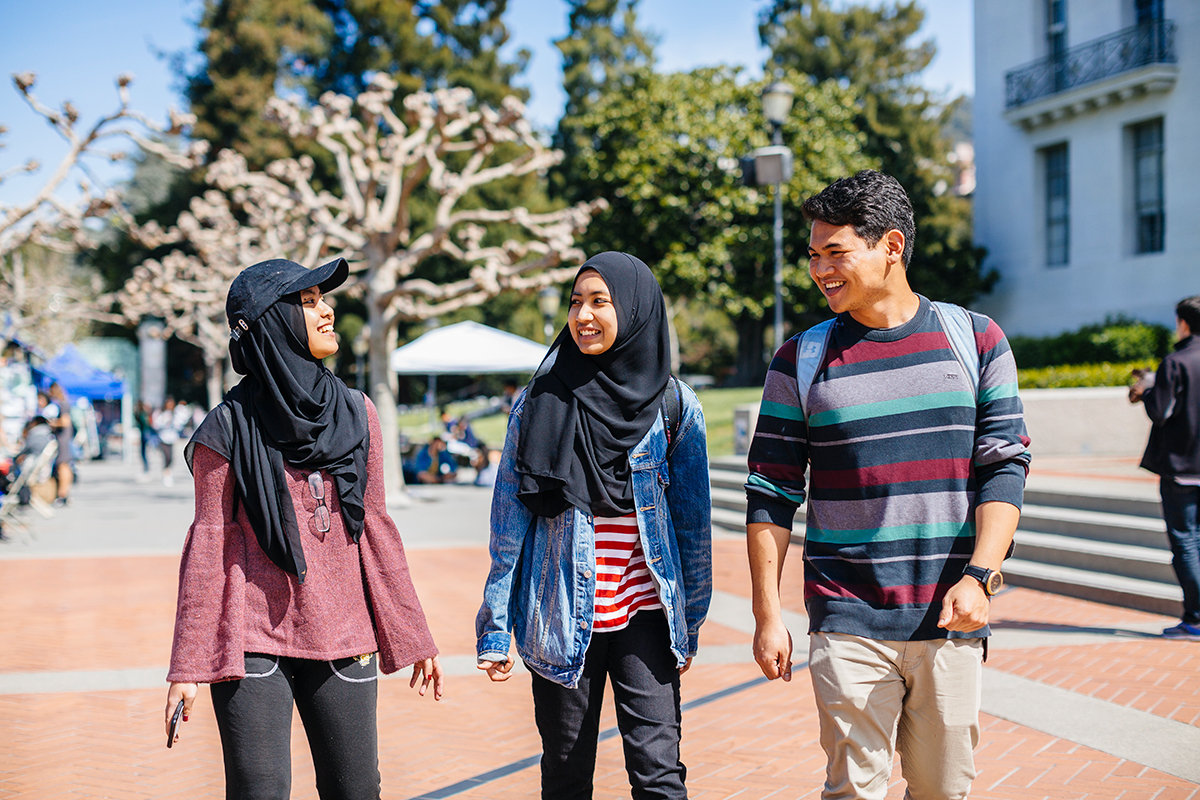
Every year, the UC Global Health Institute selects a cadre of UC-wide undergraduate and graduate students and partnering Historically Black College and University, Charles Drew University, who demonstrate outstanding leadership on their respective campuses and in the focus areas of each of our Centers of Expertise--Women’s Health, Gender and Empowerment (WHGE) and Planetary Health (PH)--through the UCGHI Student Ambassador Program. Throughout a six-month period, the students participate in monthly webinars from UC-wide multi-disciplinary professionals and culminate their experience with a final presentation on their respective topics.
We connected with five of our seventy 2020-2021 student ambassadors about their experiences.
Learning from Peers and Professionals
The structure of the ambassador program is meant to foster connections between peers and professionals in the fields represented in the WHGE and PH COE.
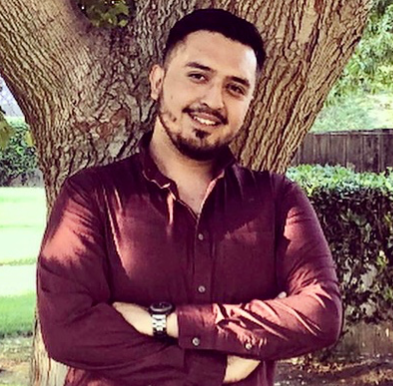
Ambassadors bring a wealth of lived experiences and a trove of passion that contributes to the exchanging of diverse perspectives. Juan Carlos Malagon (WHGE COE track, MA in Global Health, UC San Diego) was motivated to work on behalf of marginalized people because of his lived experience as an immigrant from Mexico who grew up low-income. His greatest takeaway from the sessions with the professionals and peers was his expanded perspective of how issues of gender and sexuality intersect with race and ethnicity.
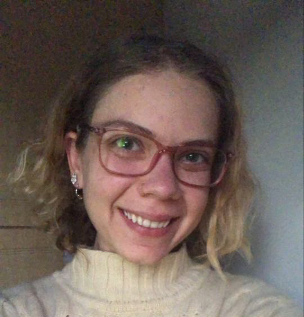
Maite Delneuville, (WHGE COE track, international relations sociology major/global health minor, UC San Diego) grew up in Southeast Asia with international aid worker parents. She was especially inspired by “the amazing people currently working in various industries to tackle the issues of women’s health equity.”
Gaining Insights Around Social Justice and Equity
Each ambassador expressed how the energy and insights gained throughout their six-month experience will be applied to their future endeavors, all relating to justice and equity.
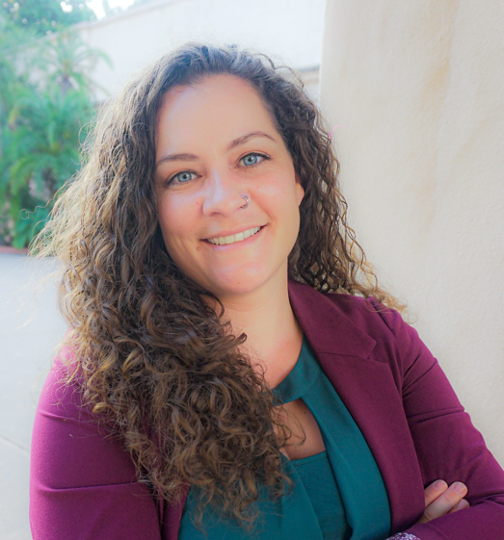
As she pursues her MPH this year, Stephanie Johnson (WHGE COE track, MS in biomedical science, Charles Drew University) intends to apply what she learned directly to her work with the women’s health interest group where, as president, she intends to organize a series of lectures on women’s health.
Juan Carlos will apply his social justice insights to a DrPH followed by medical school: “I see myself applying a lot of the decolonial conversations about health and how to avoid and dismantle these systems of colonialism we exist in.”

Mary Padilla (WHGE COE track, gender, sexuality, and women’s studies/international relations, UC Davis) who intends to work in the field of human rights and international affairs says she gained a “better understanding of how access to adequate healthcare is a human right and how human health should inform my future professional decisions.”
And Mariah Padilla (PH COE track, community and regional development major/public health and climate science minor, UC Davis), who is currently serving as a UC Davis Bonnie Reiss Carbon Neutrality Fellow, found that the program helped make her a “stronger leader who is more aware of intersectionality of social and health issues.”
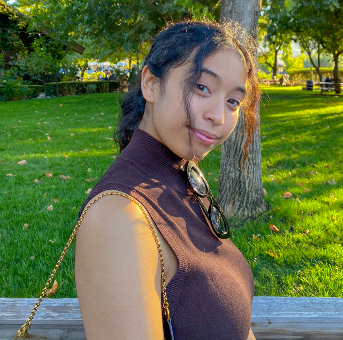
A Challenging and Inclusive Program
The structure of the program is meant to be both inclusive and challenging, which our ambassadors felt.
Juan Carlos says that the program “really allows you to challenge what you already know and be able to be uncomfortable.” This openness to be challenged and to make connections to their future endeavors is consistent among ambassadors.
Mary confirms this in her reflection, “the connections you form and the internship opportunities you are given are invaluable and the community at UCGHI is welcoming, inclusive, and vital.”
If you’re interested in applying for the 2021-2022 UCGHI Student Ambassador Program, you can submit an application here by Monday, November 15th.
